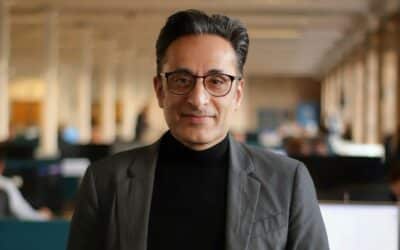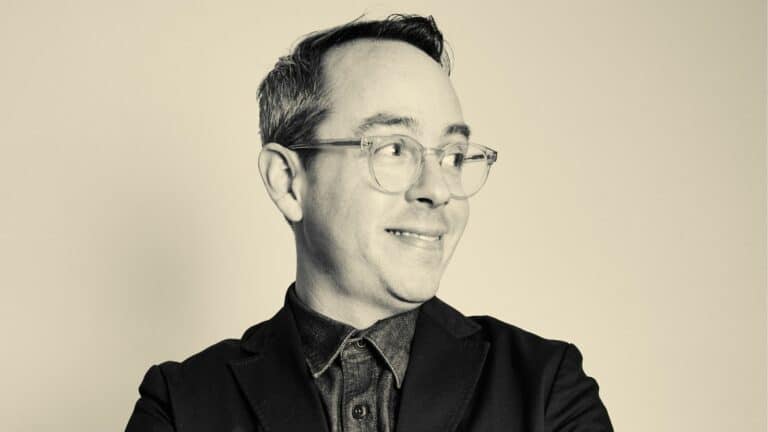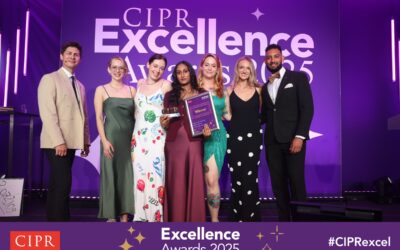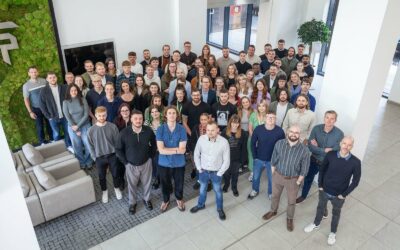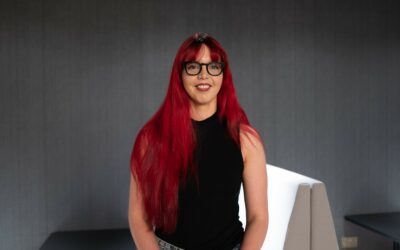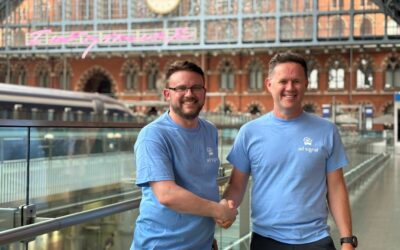Carl Stroud is chief storyteller at Smoking Gun and is part of the agency’s strategic division, the Intention Unit.
Manchester-based PR and social media agency Smoking Gun works across B2C and B2B with major organisations including Philips, Alton Towers Resort, American Golf, Brother and Best Western Hotels.
Stroud previously spent two decades on Fleet Street, crafting narratives across print and digital platforms that capture attention and shape public perception.
He has now worked at Smoking Gun for more than two years, where he has overseen successful and multiple award-winning media campaigns.
From ghostwriting ‘Dangerous’ Dave Pearce’s column at The Daily Star to the ‘unforgiving’ nature of newsrooms, Carl Stroud shares his career journey and words of advice.
How did you first get into your industry?
I started knocking on doors of the dance music press while at uni in the late nineties. A few opened and I began contributing to Mixmag, Muzik and DJ Mag. It was the era of the superclub, but that bubble soon burst – prompting my first forays onto Fleet Street. From ghostwriting ‘Dangerous’ Dave Pearce’s column at The Daily Star to writing headlines at The Sun and editing its website, I spent two decades in newsrooms with a ringside seat of the extraordinary changes the industry underwent during that time. For the past half a decade I have been harnessing those storytelling skills on this side of the divide.
What do you love about your job?
The discipline of applying creativity to solve problems. And the thrill of seeing that come to life.
Who – or what – has inspired you in your career?
Whether from behind a newsdesk or on behalf of brands, crafting meaningful narratives that strike a chord with audiences has always been what has inspired me most.
What are the biggest challenges about your job?
The battle for audience attention in this ever-splintering landscape is often cited as one of the industry’s biggest challenges, but it’s just as much an opportunity to refine and innovate our storytelling approach.
What skills have been the most crucial to you succeeding in your career so far?
Newsrooms can be pretty unforgiving environments where mistakes just aren’t tolerated. Once you’ve had the hairdryer treatment from an incandescent news editor demanding answers you soon learn that every single detail is important.
What was your first salary and what could someone getting into the industry expect to earn nowadays?
My first salary was £19,000 but I was incredibly fortunate that at the time that was just about enough to allow me to get my first place in London – even if it was off the east London road known as Murder Mile.
What education or training would be most useful for someone looking to follow your career path?
As much as traditional qualifications like a degree demonstrate valuable skills like critical reasoning and an ability to research topics thoroughly, we’re in an era where AI makes those skills less important. What will set you apart in media and comms is demonstrating that you’re engaged and participating in culture.
What advice would you have for someone looking to follow your path?
Prioritise empathy. It’s only by understanding others that you can tell meaningful stories.


